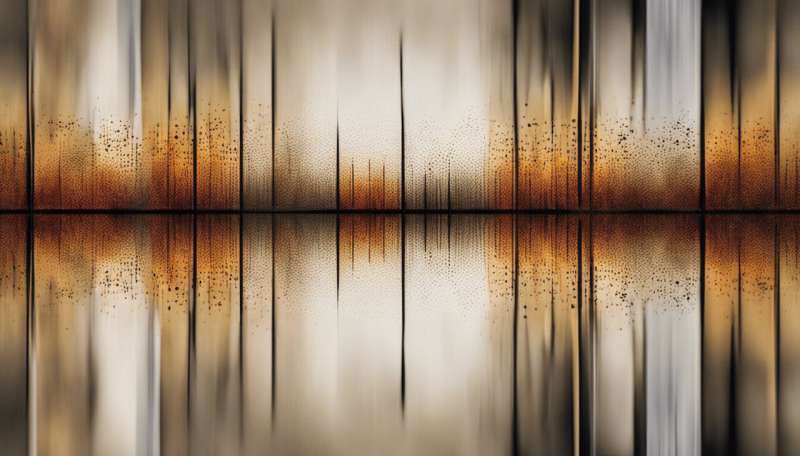Could a questionnaire identify hearing loss?

Twice as many people living in rural areas suffer hearing difficulties compared to urban residents, due to excessive noise exposure from agricultural industries.
However, a recent study has revealed that while people living in the country are twice as likely to have hearing loss, there is no difference in the uptake of hearing aids between urban and rural areas.
This suggests that rural access to hearing services needs considerable improvement.
Researchers set out to determine whether questionnaires could accurately identify hearing loss, as an alternative to the bulky and expensive equipment currently used for standard manual audiometry tests that can be difficult to transport to rural areas.
From 2010-2013 a mobile screening bus run by the Lions Hearing Foundation in WA collected data from participants in the southwest and wheatbelt regions.
2090 participants (923 men, 1165 women, 2 unknown) with an average age of 60 years, completed questionnaires and also underwent a full manual audiometry test, to reveal the questionnaire's accuracy.
However, hearing loss can be subjective and the researchers found they were getting a high number of false-positives with the questionnaires.
"Lots of people who didn't have a hearing loss thought they did," Clinical Audiologist and PhD Candidate Chris Brennan-Jones says.
Regardless of this, the study revealed that the hearing loss questionnaire was more effective in people over the age of 60 years, producing less false-positives.
This indicated that incorporating a self-reported hearing loss questionnaire into health check-ups for adults over the age of 60 years, could help rural health practitioners detect hearing difficulties sooner.
Early intervention for elderly patients with hearing loss could improve treatment outcomes and lead to a better quality of life.
"If you receive intervention for hearing loss before you retire, you're more likely to have better communication skills when you get older," Mr Brennan-Jones says.
Mr Brennan-Jones also says that another way access to hearing services could be improved in rural areas is through new automated hearing test technology.
These new automated hearing tests do not require the specialist skills of an audiologist, and can be operated by nurses, carers or volunteers, making it accessible to rural and primary care practice settings.
This article first appeared on ScienceNetwork Western Australia a science news website based at Scitech.
















